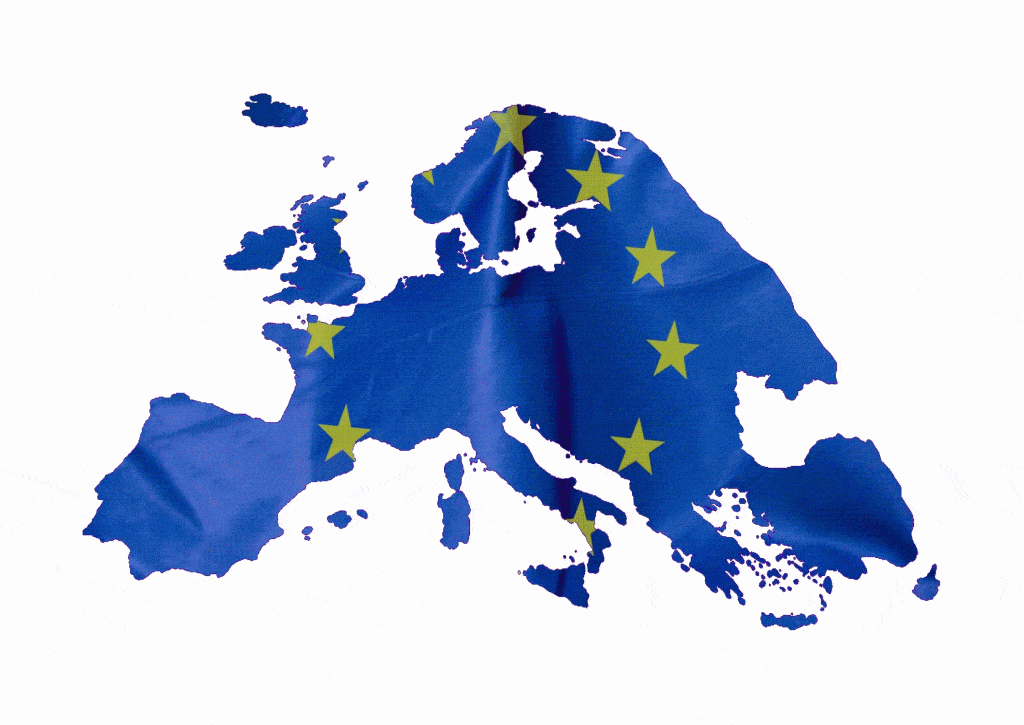Attention web merchants: you are now obliged to include a link to the ODR platform!

Lees in het Nederlands - Lisez en français
Now that the Online Dispute Resolution Platform has been put online (since the beginning of February), web merchants active in the European E-commerce are obliged to include a link to this dispute resolution commission on their website as of 15 February 2016. But what exactly is that ODR platform, and what does it mean for your web store?
Land borders are still important in case of disputes
 E-commerce within the EU should go hand in hand with a single market. But in practice, things are not always that simple. Purchasing something abroad is one thing, but what if a dispute arises about defective, nonconforming or wrongly delivered goods, guarantees or incorrectly priced items? Where should a consumer submit his complaint? Should he take legal action in the merchant’s country or in his own country? Conversely, should the merchant defend himself via a legal institution in his own country, or should he hire (expensive) lawyers abroad?
E-commerce within the EU should go hand in hand with a single market. But in practice, things are not always that simple. Purchasing something abroad is one thing, but what if a dispute arises about defective, nonconforming or wrongly delivered goods, guarantees or incorrectly priced items? Where should a consumer submit his complaint? Should he take legal action in the merchant’s country or in his own country? Conversely, should the merchant defend himself via a legal institution in his own country, or should he hire (expensive) lawyers abroad?
Legal uncertainty is an obstacle for both consumers and web merchants
This lack of clarity brings no good to cross-border e-commerce. The consumer is not confident enough to purchase something from a web store in another member state of the EU, and the web merchant is reluctant to start selling abroad because he is too afraid of this legal havoc.
The EU tries to make things easier and wants to facilitate free movement of goods and services throughout the EU. Recently, consumer protection regulations have been harmonised within the EU, the cookie law has been strengthen, a new VAT system has been introduced for online services, etc.
The ODR platform should boost consumer confidence
 Last year, mediation and arbitration institutions have also been established in order to facilitate consumer dispute resolution in all member states, as defined in regulation 524/2013. On the one hand, there is the alternative dispute resolution (ADR), which involves out-of-court bodies (intermediary, ombudsman, mediator, complaints commission...) that propose or impose a solution for each country.
Last year, mediation and arbitration institutions have also been established in order to facilitate consumer dispute resolution in all member states, as defined in regulation 524/2013. On the one hand, there is the alternative dispute resolution (ADR), which involves out-of-court bodies (intermediary, ombudsman, mediator, complaints commission...) that propose or impose a solution for each country.
 And on the other hand, there are the ODR platforms (Online Dispute Resolution Platforms) that can mediate and take decisions when the consumer has a complaint regarding a web merchant in another country. This platform, an interactive website, is the central access point for consumers and merchants when a dispute regarding a purchase arises.
And on the other hand, there are the ODR platforms (Online Dispute Resolution Platforms) that can mediate and take decisions when the consumer has a complaint regarding a web merchant in another country. This platform, an interactive website, is the central access point for consumers and merchants when a dispute regarding a purchase arises.
The ODR platform is actually an information centre about consumer rights and alternative dispute resolution. Consumers and merchants can also use it to file a complaint and upload all the relevant documents that can be used as proof. This complaint will then be transferred (via the platform) from the member state to the arbitration services in the member state of the seller, or vice versa.
Practical consequences for consumers
Until now, a consumer who had purchased a pair of shoes in Germany and who had not received any response to his complaint from the seller had to appeal to the judge in Germany. But he rarely did so, because of the prohibitive costs of international litigation. From now on, the consumer can submit his complaint through the ODR platform. This way, his complaint will be transferred to the German authorities, which will then hand it over to the right arbitration or mediation institution.
Practical consequences for web merchants
The European Online Dispute Resolution (ODR) platform has been active since 9 January 2016, and you are thus obliged to comply with the new regulations as of 15 February 2016. As a merchant, you now need to do the following:
- You must include a link to the ODR platform on your website, as well as your e-mail address.
- If you sell goods or services via a mailing, you must include this information in your e-mails.
- You must also include this information in your general terms and conditions of sale online and in your contracts for provision of services.
Of course, we hope that your business will avoid complaints and disputes. But these simple steps will allow you to comply with the legal provisions in this regard!


